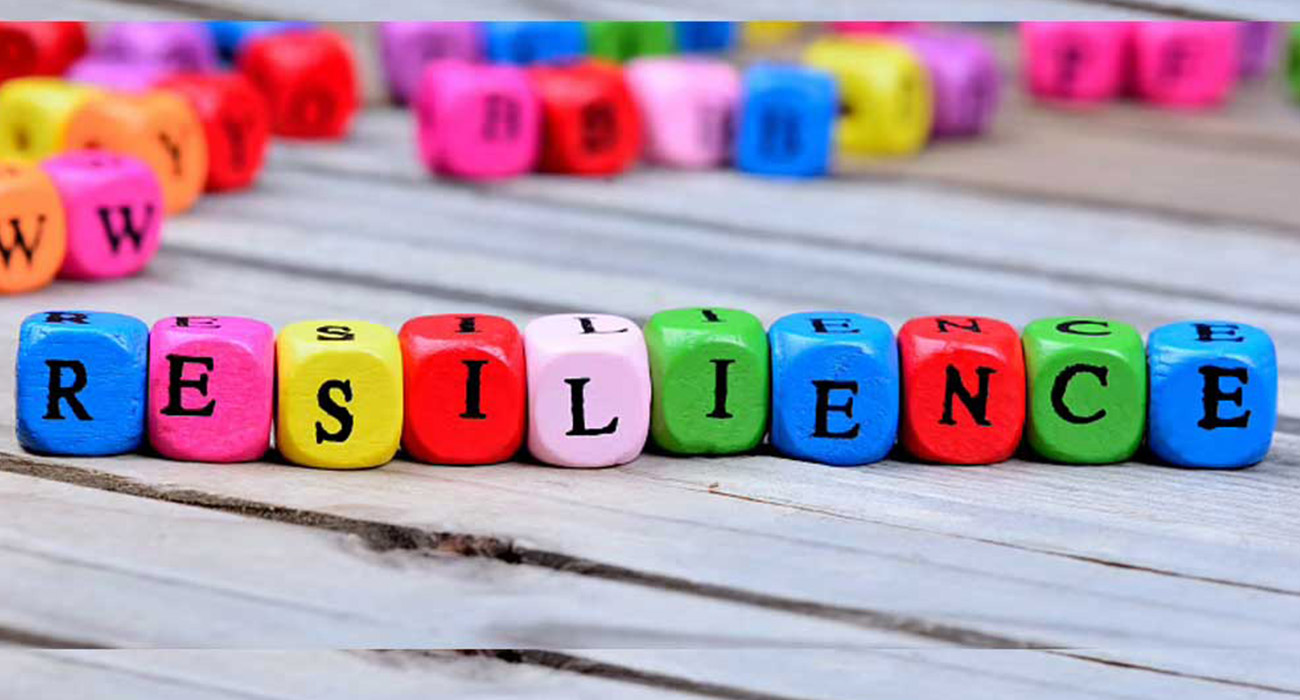
How schools help develop resilient children

Schools are responsible for more than the academic success of their students. Good grades can take young people only so far in their future careers if they haven’t developed life skills to help them cope with the challenges of early adulthood and beyond.
One of these key life skills is resilience, or the ability to persevere in the pursuit of your goals despite the obstacles and adversity you encounter. It is not only integral to our mental health but also leads to better interpersonal relationships and professional success.
Since children spend a significant part of their day in school, teachers and the classroom environment play a key role in helping them develop resilience. This goal should inform schools’ teaching methodology and the structure of students’ learning experience starting from their early childhood years.
At kindergarten level, students should be provided a classroom environment where each child gets individualised attention from a warm, friendly teacher/caretaker and are provided with an array of activities to learn from.
This fosters their resilience in two main ways. First, by giving them an access to a person with whom they bond, a child’s need for a stable relationship is met. In order to develop resilience, a child needs to feel capable of communicating their emotions and be heard and understood by the adults in his or her life. This teacher is also responsible for modelling and reinforcing skills like resilience.
Second, when children are allowed to make choices, they are able to develop a sense of agency and a respect for their actions and decision-making. When they are allowed to deal with the consequences of their decisions in a supportive environment, this helps them develop the skill to try something repeatedly until they get it right.
As students advance in school, the student-teacher ratio tends to increase while they begin to face tougher challenges in life. To counter, this, many secondary schools in Sharjah have introduced mentors to ensure students’ access to a trusted and supportive confidant who can continue providing the encouragement to help them meet challenges head-on. Mentors help develop self-esteem, initiative to take risks, goal setting and mental toughness, contributing to student resilience.











